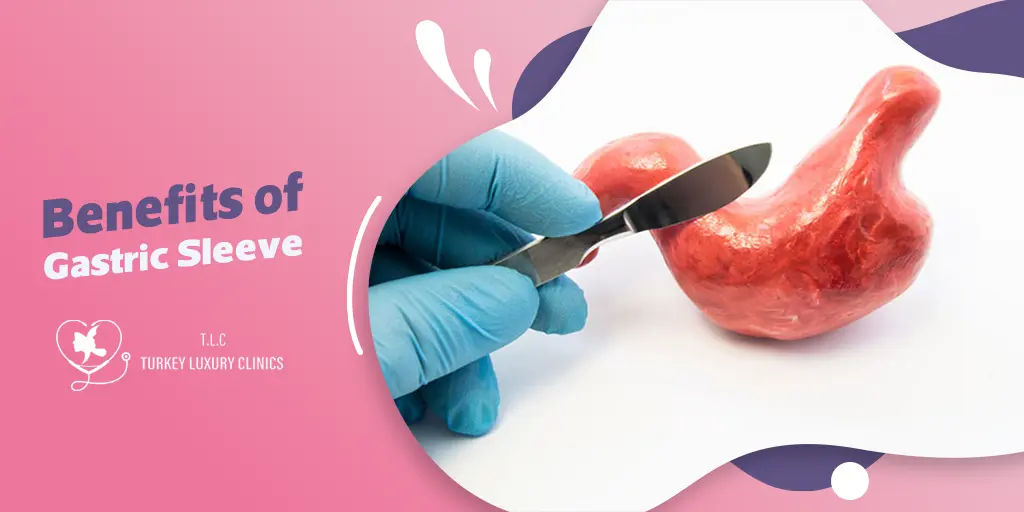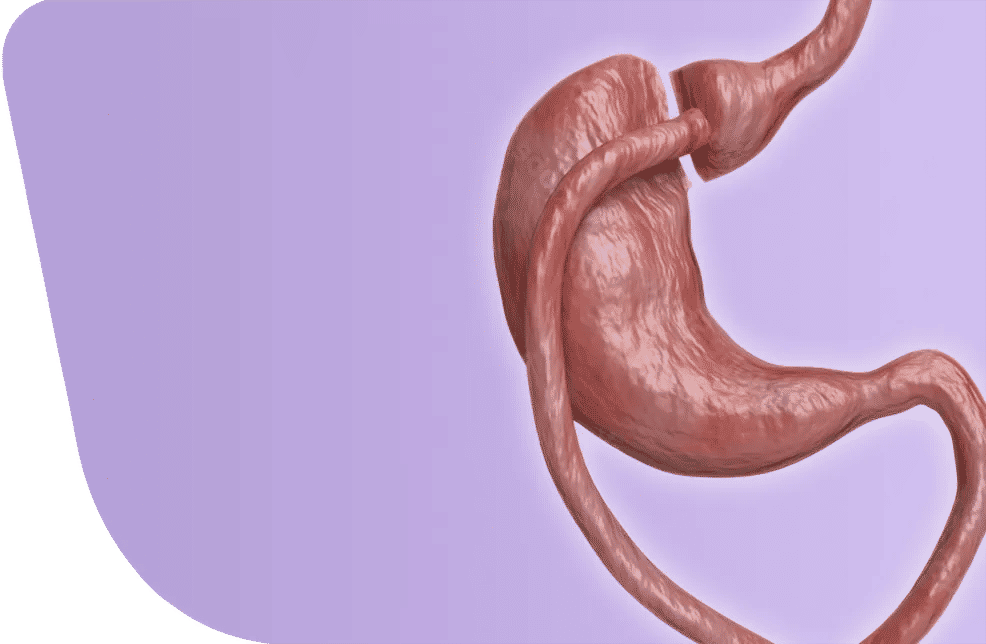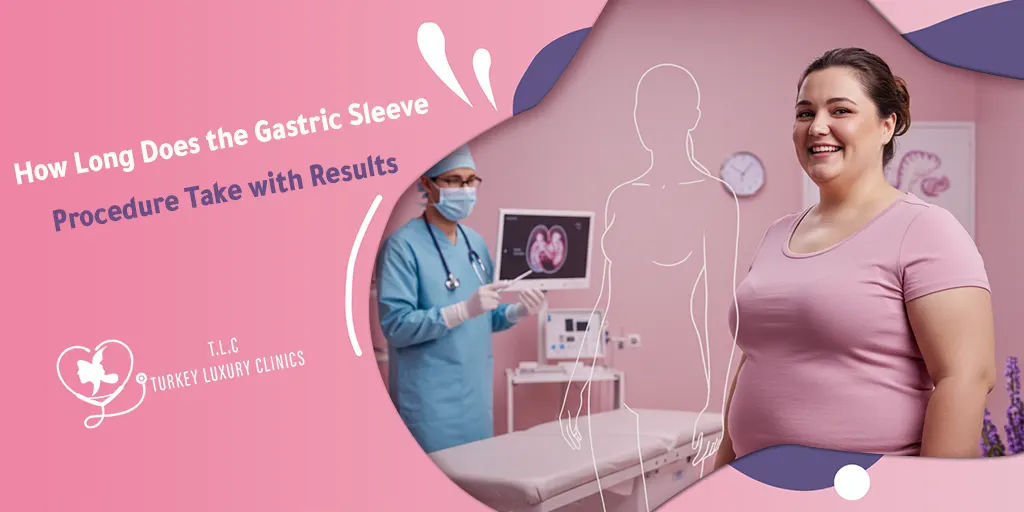- - Brief Overview
- - Benefits of Gastric Sleeve Surgery
- - Potential Risks and Considerations
- - Final Thoughts
If you're struggling with obesity, bariatric surgery might be a great option for you. This type of surgery involves removing or reducing the size of your stomach. It can be a real game-changer, leading to rapid weight loss and making those positive changes that you've always wanted to make.
In this article, we're going to take a closer look at the Gastric Sleeve surgery, which is the most popular type of bariatric surgery. We'll talk about how it can help you lose weight and make you feel your best.
Brief Overview
Using a laparoscope, gastric sleeve surgery is a minimally invasive procedure, which means that several small incisions are made that are barely noticeable on your body. The surgery is performed under general anesthesia, which means you will be in a very deep sleep and will not feel any pain.
The surgeon will divide your stomach into two unequal parts and remove almost 80% of the outer curved part of the stomach. Then the remaining 20% of your stomach is stapled or sutured.
You will spend one hour in the operating room and then be transferred to the recovery room for post-operative care. It is very important to remember that the small incision on your abdomen heals quickly, which is the main reason why patients choose this procedure without hesitation.
Benefits of Gastric Sleeve Surgery
- Significant and Sustainable weight loss
One of the primary benefits and the main reason people go for gastric sleeve surgery is its ability to reduce body weight and maintain the loss. On average, people lose 60-70% of their excess weight. According to the University of California, the majority of people reach their lowest weight 1 to 2 years after surgery. Because the surgery removes almost 80% of the stomach, people tend to feel full quicker and thus eat less, which consequently leads to a healthier weight in the long term.
- Improved Health and Reduction of Obesity-Related Disease
Gastric sleeve surgery has been proven to resolve or improve many obesity-related health problems in large clinical trials and studies, including:
- Type 2 diabetes. A considerable number of studies showed that 60-80% of patients could achieve improvement or disappearance of signs after gastric sleeve surgery.
- Hypertension. Weight loss following surgery can lead to lower blood pressure, reducing the risk of heart disease and stroke.
- Sleep apnea. Many people experience improved sleep quality and reduced CPAP use.
- Migraine. According to PubMed, migraine severity and frequency can be improved with significant weight loss.
- Joint pain and mobility. Losing excess weight relieves pressure on joints, reducing pain and improving mobility.
- Low testosterone. Gastric sleeve can be a natural testosterone booster
- High cholesterol and fatty liver disease.
- Minimally Invasive with Quick Recovery
Unlike other bariatric procedures, gastric sleeve surgery is performed laparoscopically, which means smaller incisions, less pain, and a shorter hospital stay. Most patients return to normal activities within 2-4 weeks.
- Positive Impact on Mental Health
Obesity is often associated with depression, anxiety, and low self-esteem. Weight loss through gastric sleeve surgery can improve self-confidence, body image, and overall mental well-being.
- No Foreign Objects or Re-routing
The great thing about sleeve gastrectomy is that, unlike gastric bypass or gastric band surgery, it doesn't require the placement of foreign devices or intestinal rerouting. Thus, it reduces the risk of complications and long-term maintenance issues.
- Long-Term Lifestyle Improvements
Gastric sleeve surgery, when combined with a healthy diet and regular exercise, is a tool that promotes long-term lifestyle change. Patients develop better eating habits, leading to sustainable weight management and a healthier life.
Potential Risks and Considerations
Over the past decade, gastric sleeve surgery has become an overall safe bariatric procedure as surgical techniques and surgeon experience have improved. However, it is essential to be aware of potential risks and considerations, including:
- Surgical risks. As with any surgery, there is a small risk of infection, bleeding, or complications related to anesthesia.
- Gastroesophageal Reflux Disease (GERD): Some patients experience increased acid reflux after surgery.
- Nutritional deficiencies. The procedure can cause deficiencies in vitamins and minerals such as B12, iron, and calcium, requiring lifelong supplementation.
- Weight Regain. Although the surgery helps with weight loss, maintaining the results requires a long-term commitment to diet and lifestyle changes. It is good to know that a slight weight regain is common 1-2 years after bariatric surgeries.
- Dumping Syndrome. Occurs when food moves too quickly from the stomach to the small intestine, causing uncomfortable symptoms and/or low blood glucose after eating.
Final Thoughts
Gastric sleeve surgery offers a life-changing opportunity for those struggling with obesity. With significant weight loss, improved health, and a better quality of life, this procedure is a powerful step toward achieving long-term health. However, as with any medical procedure, it is important to consult with a qualified bariatric surgeon to determine if this option is right for you.
If you're considering gastric sleeve surgery, take the first step toward a healthier future by speaking with our professional medical team at Turkey Luxury Clinics.














.webp)
.webp)
.webp)
.webp)

